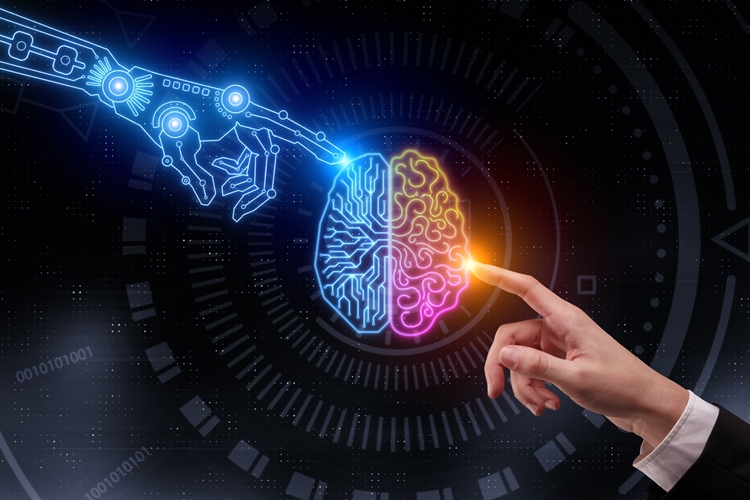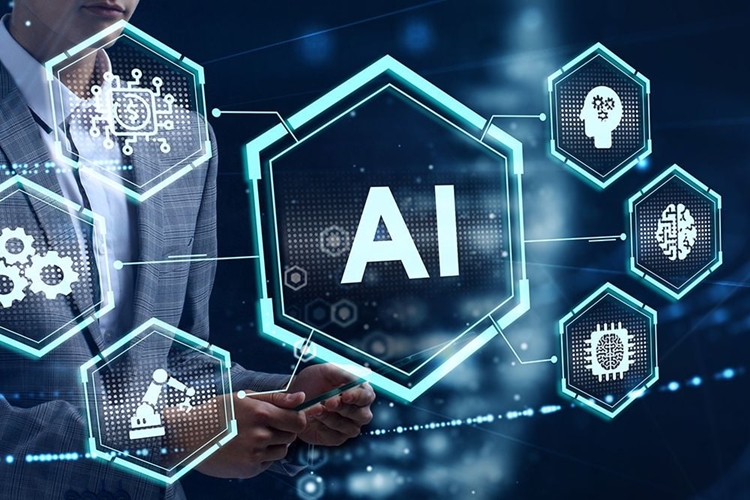Risks and dangers of AI
Artificial Intelligence (AI) is like a super-smart robot that’s getting even smarter every day. It can do incredible things and change the way we do stuff, like making our phones smarter or helping doctors find diseases. But, just like any superhero, AI has some weaknesses we need to watch out for.
Imagine if AI makes decisions, but we can’t understand why it’s choosing certain things. That’s like a secret code only AI knows, and it can be a problem because we might not trust its choices.
Another issue is job loss. AI is so good at some tasks that it can replace people’s jobs. Imagine you love making burgers at a restaurant, but a robot comes along and makes them better and faster. You might lose your job, and that’s not good. AI can also be sneaky. Some people use AI to trick others on the internet, spreading fake news and causing trouble. It’s like a bad guy using a disguise to fool everyone.

Privacy is another concern. AI can collect our personal information without us knowing where it goes or how it’s used. It’s like someone secretly taking pictures of you without your permission. AI can also be unfair. It might make choices based on wrong information, like thinking one group of people is better than others. That’s not fair and can create problems.
And here’s a big one: AI weapons. Imagine if robots with AI brains can make decisions to fight wars without anyone telling them what to do. That’s scary because it can cause a lot of damage. Sometimes AI can become too smart, so smart that we can’t control it anymore. It’s like if your pet hamster suddenly turned into a giant monster. We wouldn’t know what to do!
So, while AI can do amazing things, we need to be careful and make sure it doesn’t cause trouble. We should use it for good things, like helping doctors and scientists, and make sure there are rules to keep it in check. It’s like having a powerful tool – we just need to use it wisely.

For more news and the latest updates, feel free to visit Newspapers.ph more often as well as our Facebook page and YouTube channel.
Disclaimer: The opinions expressed in the above article belong solely to the author and do not reflect the views of the entire media organization. Additionally, the citations included are derived from credible sources and form the foundation of the author’s perspective. The author’s intent is not to present an inaccurate portrayal of the topic or exert influence on readers but rather to articulate their viewpoint in a formal manner.
